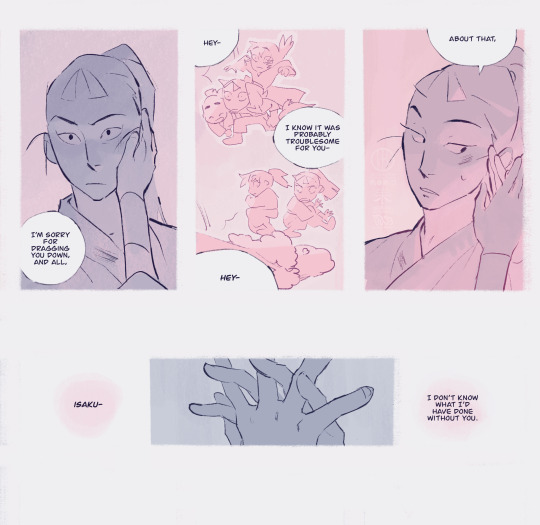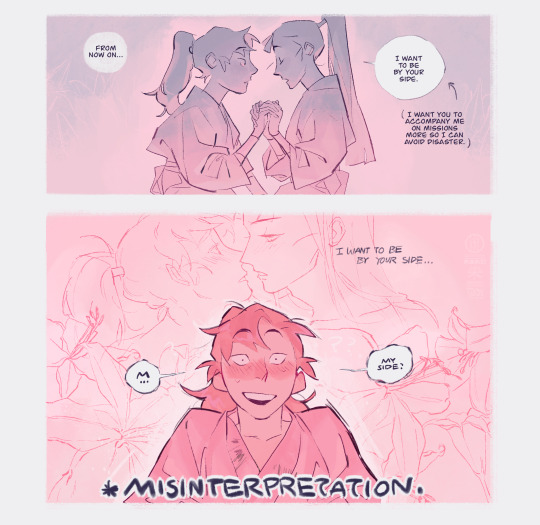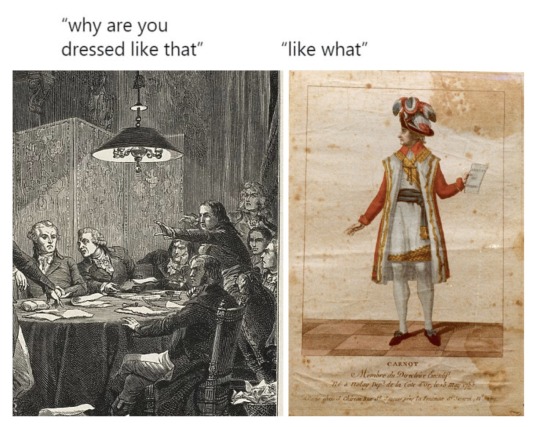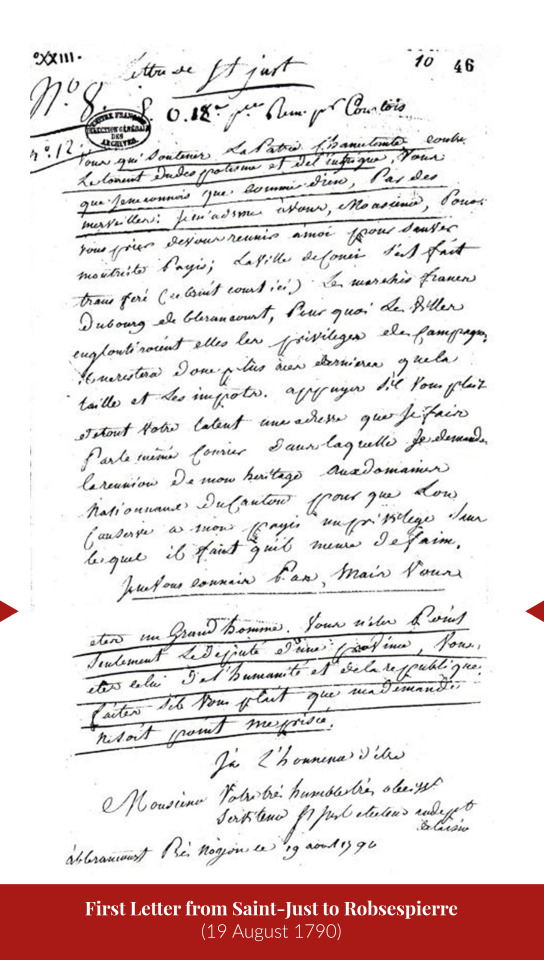#safety committee
Explore tagged Tumblr posts
Text
When Things Go Right (The Ideal Week)
Describe your ideal week. When you work in a factory, your weekly activity is pretty much the same, day in, day out. But as a former Safety Director, it’s anything but that. You hope to make it through the week without any of the following: accidents (especially those resulting in injuries), illnesses, chemical spills, OSHA/EPA inspections and many other unplanned, undesired events. This is…
#College Football#dailyprompt#dailyprompt-2055#Family Time#Football#NFL#Safety#Safety Committee#Tailgate
0 notes
Text

as a stockholder for CSX railroad, the board recommended I vote against forming a safety committee
#csx#csxrailroad#railroad#safety committee#safety compliance#safety#committee#occupationalsafety#occupationalhealth#occupationalhazards#occupational health and safety#railroads#class war#fascism#capitalism#oppression#repression#derailment#ausgov#politas#auspol#tasgov#taspol#australia#fuck neoliberals#neoliberal capitalism#anthony albanese#albanese government#eat the rich#eat the fucking rich
1 note
·
View note
Text

accurate depiction of the committee of public safety
#frevblr#frev#frev art#french revolution#robespierre#maximilien robespierre#collot d'herbois#committee of public safety#i saw a description of robespierre having a cat like face#i ran w it
127 notes
·
View notes
Text


happy birthday couthon! 🎉
#frev#french revolution#georges couthon#committee of public safety#love this guy#birthday fanart#frev community#rkgk#quick colored sketch#art tag
74 notes
·
View notes
Text



please stay by me!
#nintama#nintama rantarou#忍たま乱太郎#rkrn#仙伊#comic#digital#tachibana senzou#zenpouji isaku#HI..............................UMMMM#i haven't drawn in a long while so all of it exploded into me drawing the sappiest comic known to man#(just really wanted to draw that last page)#you two WILL get tender and vulnerable with each other NOW#nhk only gave them like one episode together because they knew the fabric of the universe would be at danger lest they keep putting these#two on screen next to each other. something about seeing chougougumi is so overwhelmingly powerful to me.#like staring directly into the face of a brilliant solar eclipse#i like the idea of senzou running to isaku as kind of a safety net whenever he encounters the genkin trio. its cute...#i had an idea for where he calls isaku a good luck charm. irony right because isakus unlucky but oughh... *clutching chest*....#and i wonder if isaku would look up to senzou ...its so dark in here...#these two would also make great angst i feel bc they both have committee work heavily involved with death on the battlefield...ill refrain#because im running out of tag space but ARHGHHHHH SENZOU ISAKU YURI!!!! ARGHHH#quirinahdraws#issen#just for tag convenience
181 notes
·
View notes
Text
I've just watched a movie where the line "you were the one who called the CPS on her, weren't you?" was uttered and my brain just kind of froze for a second.
then I realise they meant Child Protective Services. still, the idea of calling the Committee of Public Safety on someone is quite funny.
#frev#french revolution#frev memes#history memes#cps#committee of public safety#history shitposting#frevblr#frev community
92 notes
·
View notes
Text

the cps wish they could have outfits as cool as the directors
187 notes
·
View notes
Text

#Three Things You Should Know About Maximilien Robespierre#Maximilien Robespierre#Robespierre#facts#trivia#history#France#french revolution#karmann ghia#Committee of Public Safety#bathrobe
135 notes
·
View notes
Text

The Deputy of Humanity
In August 1790, Robespierre, then deputy in the National Assembly, received a letter from a young man in Aisne. The subject of the letter was of little consequence in the grand scheme of things: the author was expressing his concern that the free monthly markets for grain and sheep in his village of Blérancourt might be moved to the rival village of Coucy.
The subject of the letter may have been trivial, but its author was not. Louis Antoine Saint-Just, not yet twenty-three, was quickly outgrowing local politics and had his eyes on debuting on the national stage. In around two years’ time, he would become one of Robespierre’s closest allies. But back in 1790, the young man only knew him “like God, through miracles” ("comme Dieu, par des merveilles"). This would be the first contact between the two men.
The letter has been widely translated, quoted, and speculated on. It is very well-written, with the effusive admiration and almost hero worship of the young man practically jumping off the page. Whether Saint-Just was entirely genuine or not is hardly consequential. Robespierre clearly found his admiration touching because he kept the letter until the end of his life.
The fact that Robespierre kept the letter is a sweet gesture that can be interpreted in a myriad of different ways. Perhaps he enjoyed the flattery, or maybe he wanted to keep a memento of the beginning of their friendship with Saint-Just. Maybe he simply forgot to throw it away. In my opinion, it's not very important.
What I find more interesting and revealing about Robespierre's character is that a young lieutenant colonel of the National Guard of the department of Aisne felt empowered to raise his provincial concerns to a deputy who wasn't even representing his constituency. Why would he do that? Setting aside Saint-Just's audacity and desire for recognition, the simple reason is that he knew he would be heard.
Since the days of the Estates General, Robespierre had not only been gaining popularity but was also notorious for standing up for the interests of the common man beyond his own province (later on department). For all the flattery, Saint-Just was right: Robespierre wasn’t only the deputy from Arras; he was “[the deputy] of humanity and the Republic (1)”. He frequently weighed in, as a dissenting voice, on matters of national importance, maintaining a consistent stance that always favoured the underdog. This was nothing new. His entire career in Arras had been built on helping the common man. On a national stage, he vocally continued that work.
He opposed the king's veto power over constitutional laws and emphasized the sovereignty of the nation over monarchical traditions. He also opposed the exclusion of "passive" citizens (2) from the National Guard and advocated for extending voting rights. All this, along with his defense of civic equality for various groups, including actors, Protestants, and Jews, solidified his position as a defender of the people.
Despite facing mockery from royalist publications and some of his peers, he remained steadfast in his dedication to the universal principles of the Revolution, with the most crucial principle being the sovereignty of the people. If the people are sovereign, then their grievances are significant. It's understandable that Saint-Just would reach out to him regarding the issue with the village market. He wasn't the only one.
For what it's worth, Robespierre probably didn’t intervene in the matter, but Blérancourt ultimately did retain its markets.
Translation (3)
Blérancourt, near Noyon, August 19, 1790
You who support the faltering homeland against the torrent of despotism and intrigue, you whom I know only, like God, through miracles; I address you, sir, to ask you to join me in saving my sad country.
The town of Coucy has transferred (so the rumour goes here) the free markets from the village of Blérancourt. Why should the cities swallow up the privileges of the countryside? Then, nothing will remain for the latter but the taille (direct tax) and taxes! Please, support with all your talent a petition that I am sending by the same mail, in which I ask for my inheritance to be joined to the national domains of the district so that my country may retain a privilege without which it must starve.
I do not know you, but you are a great man. You are not just the representative of a province; you are that of humanity and the Republic. Please ensure that my request is not scorned.
I have the honour of being, sir, your humble and obedient servant,
Saint-Just,
elector (4) in the department of Aisne.
Notes
(1) Here Saint-Just doesn't refer to Republic as a form of government, but uses the word as a substitute for nation/country. In 1790 France was a constitutional monarchy.
(2)Passive citizens were those who, for a variety of reasons (mostly tax related), were not allowed to vote. (3) The parts that are in bold, are underlined in the original . As usual, this is my own translation and you can surely find much better ones out there!
(4) Touchy subject...
(BONUS) The letter is Recto-Verso. The small red arrows in the image indicate where the back page starts. I edited the two sides in one image for ease of reading.
Source
I really like Saint-Just but his handwriting is just as bad as mine (yes. I can barely read mine either). The french text of the letter comes from:
Saint-Just, Louis Antoine Léon. Œuvres. Paris: Gallimard, 2014
#frev#french revolution#robespierre#maximilien robespierre#saint just#committee of public safety#history#amateurvoltaire's essay ramblings#the letter that launched 1000 speculations
116 notes
·
View notes
Text

#french revolution#france#robespierre#danton#frev#georges danton#Cordeliers#committee of public safety
53 notes
·
View notes
Text

a toast to not killing each other tomorrow
94 notes
·
View notes
Text

Something tells me that this committee needs help with the amount of Earth signs here.
#frev#french revolution#csp#committee of public safety#lindet#jeanbon saint andré#collot d'herbois#carnot#barère#couthon#billaud varenne#prieur de la marne#robespierre#hérault de sechelles#prieur duvernois#saint just
57 notes
·
View notes
Text
Anyone hungry?

#collot d'herbois#frev shitpost#frev#french revolution#csp#cps#committee of public safety#collot#Jean-Marie Collot d’Herbois#coleslaw
20 notes
·
View notes
Text

28 notes
·
View notes
Text
The Committee of Public Safety is a governmental body that deals with matters pertaining to national safety, foreign threats, and administrative duties, based in Paris and under the supervision of the National Convention.
Any questions, topics of interest, or other commentary can be sent in using the Inquiries button. If you require a notice posted, use the Notices button. Remember, by submitting material you are opening yourself to any applicable legal action that such statements could bring you.
If you wish to bring up a topic or dispute surrounding trials, court procedures, or sentencing, please take this matter to the Revolutionary Tribunal. Remember, we are not the ones who decide who gets guillotined!
If you need to report counterrevolutionary propaganda, travel law violations, or falsified papers/passports, please take these matters to the Committee of General Security. If they blow you off (usually saying something along the lines of "let Public Safety deal with it if they're so high and mighty" and/or grumbling about "indirect appointments"), feel free to bring it up in your local section/club meeting and proceed by their advice.
(Please refrain from asking about the "shouts and crashing noises, like things are being thrown" coming from inside our meeting location. It's nothing to worry about. We're dealing with it. We got everybody involved away from the window, it's all under control.)
OOC:
this is an intentionally humorous blog, in the style of other corporate/organization gimmick blogs. historical events that were serious/influential may be discussed flippantly as part of the bit. specific events referenced in posts may or may not have actually occurred in real life as described in the post. if you are unsure whether or not a post is about an actual event, are curious about what it is referencing, or just want to chat french revolution, feel free to hmu at my main @transrevolutions.
there's no fixed timeline for this blog. events and people may be referenced out of order. just don't think too hard about it.
I doubt this needs to be said, but just in case: neither I nor this blog are actually affiliated with the french government. the committee of public safety was disbanded in 1795. as such, any references to legality/arrest warrants/surveillance are tongue-in-cheek.
#ooc explanation/disclaimers under the cut#french revolution#frev#committee of public safety#french history#pinned#gimmick blog#unreality#history#frevblr#frev community#intro
64 notes
·
View notes
Text
For those who haven’t read Twelve Who Ruled:
No matter what you think of French Revolution- a glorious step toward humanity progress, or something supposed to be glorious but went wrong and ended up in bloodshed- Palmer is going to show you it is technically a bunch of shit of:
1) arduous and underpaid work, and toxic and lethal working environment; 2) you are a lawyer who have no expertise outside the courtroom and now have to win a war against the whole Europe; 3) things get screwed up every moment, so you and your colleagues blame each other pretending to solve something; 4) the nation and the republic are at the high risk of being wiped out, and your colleague is too busy proposing growing potatoes outside Tuileries Palace to care about military affairs. 5) your whole team is useless at military issues, and you have to make all decisions, so others accuse you of being a military dictator.
#frev#twelve who ruled#committee of public safety#oh man just accept human nature for what it is#and accept everyday life
83 notes
·
View notes